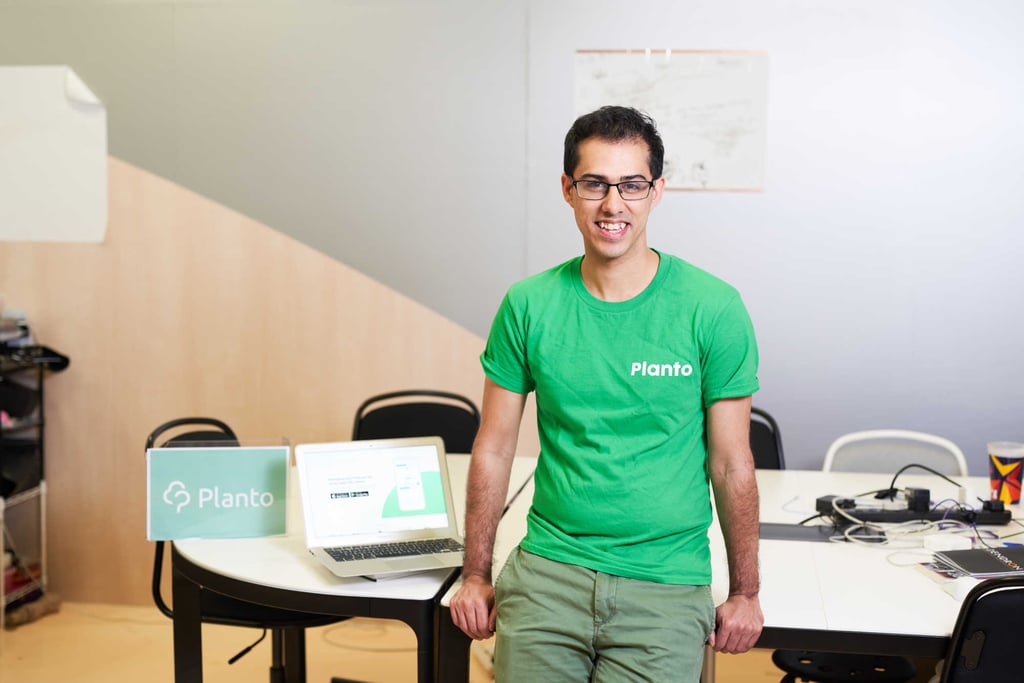Hong Kong’s Planto ties up with New Zealand fintech firm Cogo to create awareness about sustainability, launch carbon footprint tracking software for city’s banks
- The software will allow consumers to understand what their footprint is and what steps they can take to reduce it, says Cogo’s Asia-Pacific CEO
- Users will have the option to opt-in to see their carbon emissions based on their transactions


The firms said that they were in talks with commercial banks in Hong Kong about embedding the solution into their mobile banking apps. The data will be collected by banks. The firms will charge a fee from banks and financial institutions based on the number of customers that use the solution each year.
Users will be able to opt-in to see their carbon emissions based on their transactions, which will be categorised into different sections such as retail and transport, Lindenberg said. Consumers will also get suggestions on actions that they could take to reduce their environmental impact. For example, replacing just one meal a week containing meat with a vegan option could save 370kg of carbon emissions a year, or roughly six trees, according to Cogo’s calculations.